Our Guide To Becoming A Trainer And Continuing Your Education
Personal trainers play an extremely important role in both preserving and improving the health and safety of clients’ bodies and lives. Most individuals see their doctor only once or twice a year, but see their personal trainer once or twice a week. So, the quality of the information and the recommendations that we provide in our practice must be well researched, tailored and proven effective.
A solid combination of advanced education and valuable experience are key components in building a successful and safe training practice. At DIAKADI we require that our trainers have a minimum 3 years of experience in their career and that they maintain a higher than normal standard of fitness continuing education. With the overwhelming number of options out there, how can you be sure you are selecting the most reliable and strongest fit for your initial certification and education? We hope that the information we share below will assist beginning trainers as they select their best education path. We also hope this deep-dive will help our clients understand the different paths our trainers have taken to become the coaches they are today.
There are two tracks of education that we recommend and require for our independent personal trainers at DIAKADI:
Obtaining an exercise-related bachelor’s or master’s degree and/or ...
Obtaining a DIAKADI-approved national trainer/coach certification.
DEGREE IN EXERCISE SCIENCE.
Trainers who go this route need a bachelor's or master's degree in exercise science, kinesiology, athletic training or a related field.
Advantages of obtaining a degree in the field:
Formal Study: Intense book study, research, and conceptual framework.
Practical Application: How much programming and training practice a degree program includes is dependent on each program’s curriculum. For example: some schools, like Chico State, offer “application” classes where students work with sample clients or develop sample programs on a weekly basis; other schools, like Marquette University, offer a fitness track in their exercise physiology program, which prepares students through hands-on study to become personal trainers, exercise instructors, or strength and conditioning specialists.
Resume Building: This is the gold standard.
Depth of Knowledge: You can learn quite a bit over the course of a multi-year degree program (assuming that you do more than party through college…) compared with the relatively short study requirements of a baseline personal training certification.
Trainer Jan Milano, graduate of San Francisco State University under the Kinesiology program focusing on exercise physiology .
NATIONAL CERTIFICATIONS FOR PT AND COACHING.
Over the years we have whittled down the myriad of standard fitness certifications to a list of leading educators that we consider to provide the highest quality education to properly prepare trainers for their work with their clients. This is a detailed breakdown of the certifications that DIAKADI recommends and accepts for our trainers, listed alphabetically.*
AMERICAN COLLEGE OF SPORTS MEDICINE (ACSM)
The ACSM was founded in 1954 and started offering its first certification in 1975, making it the oldest personal training certification. ACSM is highly respected within the academic world, and as an organization is at the forefront of fitness research and testing.
ACSM has two certifications that we accept:
Certified Personal Trainer (CPT) – Entry Level
Certified Exercise Physiologist (EP-C) – Advanced Level (Fitness degree required)
ACSM CPT
This certification, which is appropriate for new trainers, is geared toward exercise science and sports medicine, especially for those who want to eventually work in a clinical setting like a hospital or wellness center. However, according to the DIAKADI trainers who hold this certification, the ACSM CPT focuses very little on assessing clients and on individual fitness programming. It tends to be a very science heavy certification with less of the “how-to” framework for training new clients that other certifications have come to include.
>> Certification: $365-445 depending on membership (not including study materials); Recertification: every 3 years at $45
ACSM EP-C
The ACSM EP-C is an advanced certification available to fitness professionals with a bachelor’s degree in exercise, science, kinesiology, or exercise physiology—it is a great certification for trainers who want to pursue a career in hospital, university, corporate, and community settings.
>> Certification: $359-439 depending on membership (not including study materials); Recertification: every 3 years at $45
Trainer Elena Ishbulatova, ACSM certified.
CORRECTIVE HOLISTIC EXERCISE KINESIOLOGY (CHEK) INSTITUTE
The CHEK institute was founded in 1995 by Paul Chek. The CHEK programs, in addition to being named for their founder, stand for Corrective Holistic Exercise Kinesiology. The programs stand behind their acronym, looking far deeper into each client’s anatomy, physical assessment and lifestyle, and assisting trainers with taking a more holistic approach to their coaching. There are two main branches of the CHEK Institute’s educational offerings:
The Exercise Coach and Practitioner Programs
The Holistic Lifestyle Coach Programs
CHEK EXERCISE COACH
This certification offers a very robust and thorough certification which teaches in-depth nutrition guidelines, exercise prescription, anatomy, detailed postural assessments, and holistic lifestyle advice. One of the major benefits of this certification is the extremely valuable five-day LIVE hands-on, practical course which all students must attend. Before you can even attend the five-day course, you must successfully complete three pre-requisite correspondence courses and read/comprehend two books.
The pricing for this certification program is more than double most other certifications, but you DEFINITELY get what you pay for. As the only national certification program which requires a 5 day hands-on practical application class, trainers exit this program with an in-depth combination of theory and hands on experience. For trainers that are ready to take a large step forward with their assessments, programming and corrective exercise knowledge, this program cannot be beat. We recommend that trainers enrolling in this program have at least some level of experience in health or fitness in order to get the most out of the program.
>> Certification: $2,671-2,821 depending on early or regular registration (pricing includes prerequisite materials, study materials, and workshop attendance); Recertification: every 2 years at $110
CHEK PRACTITIONER PROGRAM
For those who want more advanced and in-depth corrective personal training skills, we highly recommend the CHEK Practitioner Program. This is a four-level program that is designed to be completed over two to four years—each level building on the next, with the CHEK Exercise Coach certification as the base level. The program discusses different health & fitness topics, such as advanced assessments, postural deviations, mobility screens, spinal pathologies, manual therapy, and a multitude of corrective exercise concepts. Each level has two or more correspondence courses and the previous Practitioner level as prerequisites before attending a five-to-eight-day, hands-on workshop. This program is designed for the intermediate to advanced level personal trainer that is looking to take their practice, as well as their own life, to the next level.
>> Certification: Practitioner 1—$2,837, Practitioner 2—$2,707, Practitioner 3—$3,747, Practitioner 4—$3,747; all pricing includes prerequisite materials, study materials, and corresponding workshop (price may be reduced for early-bird registration); Recertification: every 2 years, at $110
CHEK HOLISTIC LIFESTYLE COACH (HLC) PROGRAM
For those trainers who want to help their clients improve their overall lifestyle and wellbeing, we highly recommend the CHEK HLC Program. The HLC Program is a three-level program that teaches trainers how to help their clients decrease stress, increase vitality, and properly maintain their bodies through healthy eating habits, lifestyle management, and a proper balance of exercise and recovery. The HLC programs are an excellent supplemental program for trainers. (*DIAKADI requires that HLC certs are paired with one of the DIAKADI-approved personal training certifications described here in order to train clients in our facility.)
>> Certification: HLC 1—$725, HLC 2—$2,297, HLC 3—$2,797; all pricing includes prerequisite materials, study materials, and corresponding workshop (price may be reduced for early-bird registration); Recertification: every 2 years at $110
Trainer Nicolette Amarillas, CHEK Practitioner 1 certified
NATIONAL ACADEMY OF SPORT MEDICINE (NASM)
NASM has been around since 1987 and is by far the most common certification held by DIAKADI independent trainers. NASM does a great job at teaching the science of personal training as well as offering a practical system for training. This proprietary system, Optimum Performance Training (the OPT Model), provides a ready-made standard for assessing clients, program designing, and tracking their progress.
NASM has three certifications that we accept:
Certified Personal Trainer (CPT) - Entry Level
Corrective Exercise Specialist (CES) - Advanced Level
Performance Enhancement Specialist (PES) - Advanced Level
NASM-CPT
This is NASM’s standard base certification, which does NOT require previous experience. It covers such topics as anatomy, physiology, and training assessments. In addition, the NASM-CPT teaches the OPT Model, which is a great practical training program. Recertification can be paid for once every two years or through a single lump sum “recertification for life” option. Regardless of your recertification option, continuing education and CPR/AED renewal are required every two years. This is a great certification for new trainers.
>> Certification: $599-1,999 depending on package; Recertification: $99 every 2 years
NASM-CES
This is an advanced certification which prepares trainers to identify and treat muscle imbalances and faulty movement patterns. Although there is no official prerequisite for this certification, NASM highly encourages enrollees to have a 4-year fitness degree or any nationally recognized personal training certification before enrolling (e.g. NASM-CPT, ACE, NESTA, IFPA, ISSA, ACSM, NSCA, etc.).
>> Certification: $699-999 depending on package; Recertification: None required
NASM-PES
This is also an advanced certification from NASM, which teaches techniques geared toward an athletic population, including improved speed, agility, flexibility, and quickness. Like the NASM-CES, there is no official prerequisite for this certification; however, NASM highly encourages enrollees to have a 4-year fitness-related degree or any nationally recognized personal training certification before enrolling (e.g. NASM-CPT, ACE, NESTA, IFPA, ISSA, ACSM, NSCA, etc.).
>> Certification: $699-799 depending on package; Recertification: None required
Trainer Sean O'Brien, NASM certified.
NATIONAL ATHLETIC TRAINERS’ ASSOCIATION (NATA)
Founded in 1950, NATA is the professional association for certified athletic trainers and others individuals who support the athletic training profession. NATA sets standards for member athletic trainers regarding education, certification, and research and practice settings.
NATA has one certification that we accept:
Certified Athletic Trainer (ATC®) – Advanced Level (Fitness Degree Required)
ATC®
This is an advanced certification available to fitness professionals with a bachelor’s or master’s degree from a program accredited by the Commission on Accreditation of Athletic Training Education (CAATE)—within the next few years only master’s degrees will be accepted. This certification is for health care and fitness professionals who provide physical medicine and rehabilitation services, and diagnose, treat, and rehabilitate injuries (acute and chronic), while working under the direction of a physician. Like any certified professional, an individual with an ATC designation once certified must meet ongoing continuing education requirements, which vary depending on date of certification within a prescribed maintenance period.
>> Cost of exam: $300; Yearly Maintenance Fee: $34 NATA members, $50 nonmembers
NATIONAL STRENGTH AND CONDITIONING ASSOCIATION (NSCA)
NSCA was established in 1978 and is one of the leading organizations on sports performance research in the world.
NSCA has four certifications that we accept:
Certified Personal Trainer (CPT) – Entry Level
Tactical Strength and Conditioning-Facilitator (TSAC-F) – Entry Level
Certified Strength and Conditioning Specialist (CSCS) – Advanced Level
Certified Special Population Specialist (CSPS) – Advanced Level
NSCA-CPT
This certification, established in 1993, is a great certification for new trainers, offering a solid background in anatomy, sports science, and practical training principles geared towards individuals from all fitness levels.
>> Certification: $300-435 depending on membership (not including study materials); Recertification: every 3 years, $20-75 depending on member status and certification date
TACTICAL STRENGTH AND CONDITIONING-FACILITATOR (TSAC-F)
In 2012, the NSCA also developed this certification to help fitness professionals train military, fire and rescue, law enforcement, and other emergency personnel to improve performance and decrease injury risk. Candidates for this certification learn to conduct needs assessments, conduct physical testing sessions, create individualized strength and conditioning programs, and provide general nutrition information. The prerequisites for TSAC-F are that you must be at least 18 years old and have a high school diploma or equivalent.
>> Certification: $300-435 depending on membership (not including study materials); Recertification: every 3 years, $20-75 depending on member status and certification date
CERTIFIED STRENGTH AND CONDITIONING SPECIALIST (CSCS)
This advanced certification has been considered by many to be the Gold Standard of practical sports performance education since its inception by the NSCA in 1985. If you are an aspiring athletic coach or strength training professional for team sports, the CSCS is a great way to go. It is highly respected by academics and fitness professionals alike—not too shabby! The prerequisite for the CSCS is that you most hold a 4-year college degree from an accredited college or university. Although you don’t need any other certifications prior to getting the CSCS, depending on your background, we rarely recommend this as a first certification because of its advanced nature and more specific scope of practice/clientele.
>> Certification: $340-475 depending on membership (not including study materials); Recertification: every 3 years, $20-75 depending on member status and certification date
CERTIFIED SPECIAL POPULATION SPECIALIST (CSPS)
In 2012, the NSCA developed this certification to help fitness professionals train clients with chronic and temporary health conditions like obesity, osteoporosis, rheumatoid arthritis, Parkinson’s disease, cancer, fibromyalgia, etc. CSPS professionals design effective and safe exercise programs appropriate for the health conditions of their clients, and they often receive referral clients from and refer clients to health care providers. Prerequisites for CSPS include a minimum of 250 hours of practical and related experience and either an NCCA-accredited personal training certification or a bachelor’s degree in an exercise-related field.
>> Certification: $340-475 depending on membership (not including study materials); Recertification: every 3 years, $20-75 depending on member status and certification date
Trainer Austin Lopez, NSCA certified.
IN SUMMARY.
Keep in mind that regardless of the fitness degree or certification that you hold, the key to becoming a Kick Ass personal trainer is by training many clients and consistently expanding your knowledge about anatomy, kinesiology, and personal health. Even those of us with the flashiest degrees and certifications continue to learn and grow after years of practice, study and knowledge sharing alongside other great trainers and health practitioners. In order to excel at training, you must realize that the learning process is an infinite one, with new research and technology appearing daily.
Looking to start your own personal training practice? Internship and Mentor Programs can be an exceptional way to get your feet wet, gain practical knowledge and properly hone in on the proper niche for your own personal training practice. The DIAKADI Next: Intern Program has been the springboard for some of the Bay Area’s leading trainers. Definitely reach out to us if we can be of assistance in any way.
If fitness is your passion and your goal is to help others create positive change in their bodies, health and lives, then contact us immediately to begin the next and BEST chapter of your life.
END NOTES.
* Unless otherwise mentioned, all the certifications above require a current cardio-pulmonary resuscitation & automated external defibrillator (CPR/AED) certification with a hands-on training component as a prerequisite.
* These descriptions and details are based on the research and opinions of current DIAKADI trainers and staff.
* As of March 2019, 100 of the Bay Area’s best trainers run their practice out of the DIAKADI Performance Facility. DIAKADI has 60 independent, referral trainers. Of these 60 trainers, 18 of them have 4-year degrees in some type of Exercise Science; 33 of them have one or more certifications through NASM; 5 of them have one or more certifications through ACSM; 10 of them have one or more certifications through ACE; 13 of them have one or more certifications through NSCA, and 19 of them have one or more certification through CHEK.
















